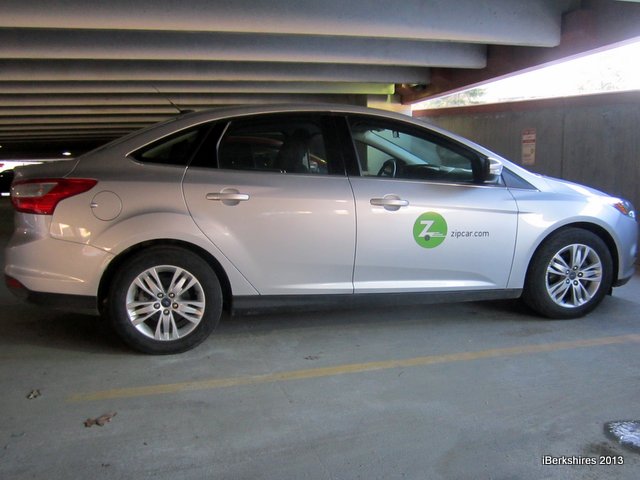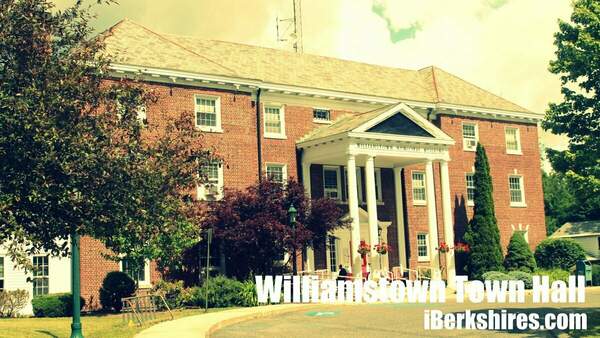Zipcar Sale To Have Little Impact On Usage At Williams College
|
Williams College has three Zipcars on campus. |
WILLIAMSTOWN, Mass. — This week's acquistion of Zipcar by auto rental giant Avis likely will have no effect in the short term on the hourly-rental program and its members at Williams College.
News broke earlier this month that Avis was purchasing the Boston-based car sharing company for approximately $500 million.
Zipcar allows its members the flexibility of renting a car for an hour at a time on short notice, and is popular in large cities and college communities throughout the nation, including Williams.
The assistant director for administrative services in the college's Facilities Office said that there are three Zipcar vehicles on campus.
"They are used primarily by students, though there are a handful of facult and staff who are members," said Timothy Reisler, who serves as the college's liason to Zipcar. "The vehicles are generally used for relatively short periods of time, though it is possible for them to be reserved for longer stretches."
Reisler said the vehicles can average up to 75 percent usage rates on weekends; during the week, that number drops down to around 20 percent.
The sale to Avis has sparked widespread commentary by Zipcar members on social media - not all of it positive. An article on the magazine Adweek highlighted the uncertainty about how the acquistion will affect Zipcar down the road.
The article highlights an important difference in the marketing strategies of the two companies. Zipcar rides on the "information superhighway," relying on its 97,000 Facebook likes and 19,000 Twitter followers to tell its story.
Avis is a bit more traditional.
From the Adweek story:
"For Avis, which has only 14 percent of the Facebook following of Zipcar (about 14,000 likes), this might mean a learning curve ahead. 'We are committed to retaining the elements of the Zipcar brand and culture that have allowed Zipcar to achieve such rapid growth and success over the last 12 years,' said CEO Ronald Nelson in a statement. But as far as marketing goes, 'pending shareholder approval, it is premature to speculate on what the impact might be on the marketing and advertising of either of the brands involved,' said an Avis rep."
Williams' Reisler is not in a position to say definitively how the college's Zipcar members will be affected or whether the program will look the same a year from now. But he said there are people who have their doubts.
"Some have suggested that the larger company will pressure Zipcar to look more like the parent in terms of its business model," Reisler said. "If that was the plan, it seems to me they could have just done that with their own fleet of vehicles -- no need to purchase Zipcar. I know that Hertz and Enterprise have both dipped their toes into the reservation-by-the-hour model, but I don't know how successful that venture has been for them."
Reisler emphasized that he is only speculating.
"Thanks for not pressing me on my crystal ball capabilities, as I have no idea how this is all going to shake out," he said.
















